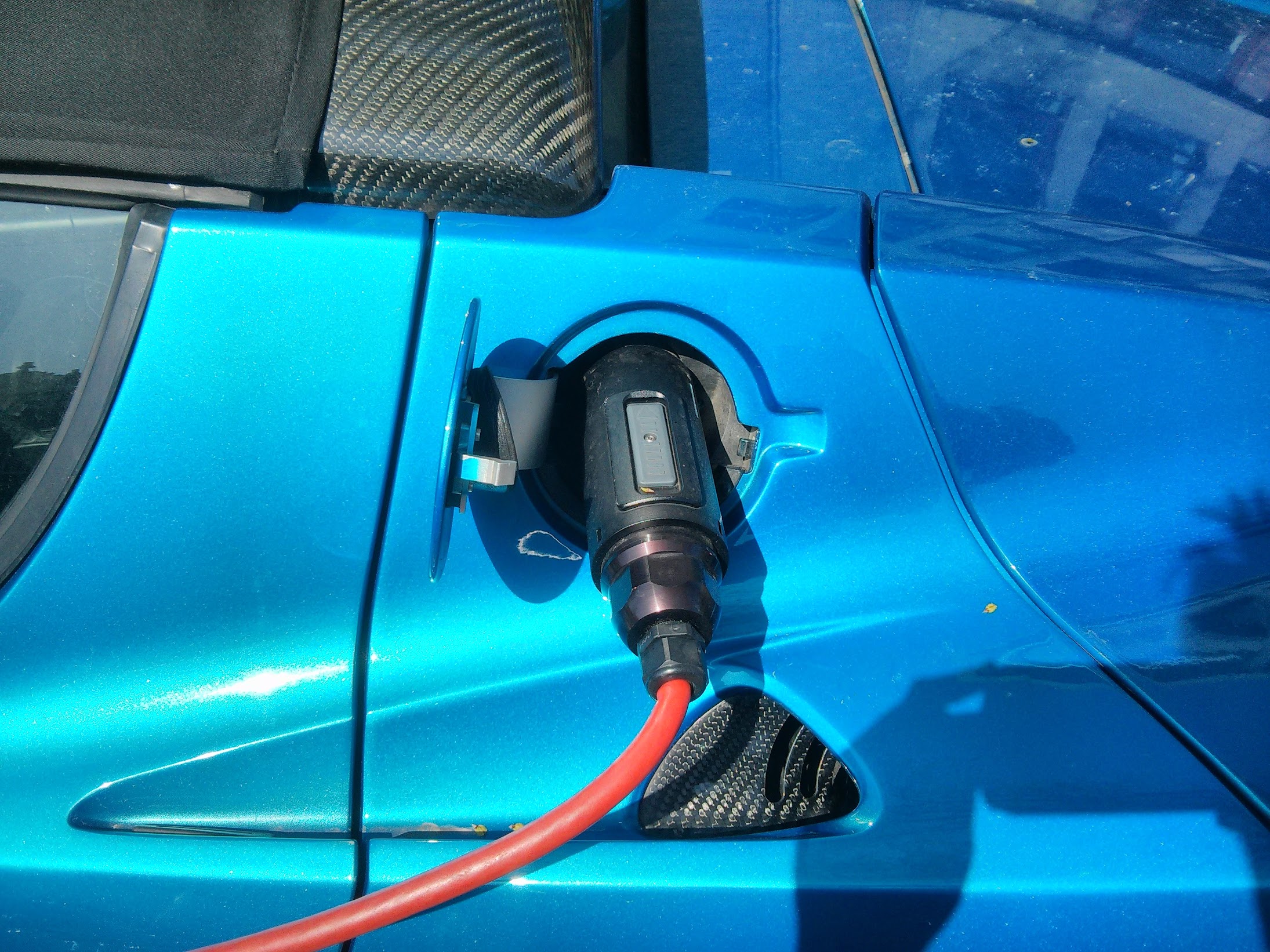Urbanisation is increasingly becoming a major challenge faced by most countries. In recent years, the number of urban dwellers has increased at an alarming rate, and it is expected to increase even more. This rapid increase in population will lead to increased vehicle ownership. However, there is a need for efficient planning on developing electric vehicles (EVs) and their infrastructure to minimise carbon dioxide emissions and reduce energy consumption. Electric vehicle mobility has become a key issue in addressing the growing demand for sustainable transportation. In order to achieve this goal, we need to provide an efficient electric vehicle (EV) charging infrastructure but the placement of charging stations is an essential problem in the design of this infrastructure.
Electric Vehicle Charging Stations Placement is a major optimisation problem that will keep increasing as the number of electric vehicles increases. Due to the advent of electric vehicles and the quick adoption of these vehicles, there is a need for more electric charging stations and even the need to convert current gas stations into electric charging stations.
Artificial Brain, a quantum computing company that is developing hybrid quantum-classical algorithms to solve complex business problems in the fields of Energy, Aviation, Finance, and Climate change, has been working on this cause and has announced its success in developing electric vehicle applications which help customers to identify optimal locations of electric vehicle charging stations by using the power of quantum computing.
The reports of this breakthrough were presented in a paper titled “Towards an Optimal Hybrid Algorithm for EV Charging Stations Placement using Quantum Annealing and Genetic Algorithms.”
This paper addresses the problem of optimal placement of EV charging stations using two meta-heuristic algorithms: a quantum annealing approach using D-WAVE’s computer and a genetic algorithm. Artificial Brain develops a hybrid algorithm based on these two algorithms by applying them sequentially.
The proposed algorithm solves this problem by considering the point of interest (POI) and already existing electric charging locations and then optimally placing new charging points. The point of interest represents buildings, and by optimally placing new charging points, we mean placing charging points in a way that minimises the travel distance to an electric charger from all points of interest.
Inspired by the QUBO formulation, the proposed quantum annealing approach aims to optimise EVCP through three key objectives:
- Minimising distance from the point of interest.
- Maximising distance from existing electric chargers.
- Maximising distance from newly built chargers.
An error observed when using the quantum annealing approach was solved by the inclusion of entropy. However, a few gaps were still observed, which brought about the application of the genetic algorithm. Due to its limited precision, Artificial Brain further employed a genetic algorithm on the output from quantum annealing to improve its precision and quality.

The results showed that seeding a genetic algorithm with the results of quantum annealing outperforms the individual quantum annealing and genetic algorithms in terms of both efficiency and effectiveness. Artificial Brain, therefore, proposed a new hybrid algorithm for the optimal placement of electric vehicle (EV) charging stations.
The proposed framework combines Quantum Annealing (QA) with Genetic Algorithms (GA) to optimise EVCP. By using this approach, quantum annealing will search the space discretely and traverse over the local minima in the energy landscape of the problem. Then, the genetic algorithm can take the outputs of the quantum annealing as a seed and optimise it further.
Artificial Brain is a quantum computing company enabling businesses to benefit from the power of quantum computers with minimal expertise, time, and cost. Artificial Brain is based in Delaware, United States. The company develops novel hybrid quantum-classical algorithms for solving complex business problems in energy, aviation, finance, and climate change. They also provide an easy-to-use platform ‘Planck’ so that end users can leverage the power of quantum computers without any technical expertise. Lastly, they provide APIs for integrating hybrid quantum-classical algorithms into existing enterprise solutions. Its proprietary technology is a novel hybrid quantum-classical algorithm for finding the optimal locations of Electric Vehicle charging stations using quantum computers.

